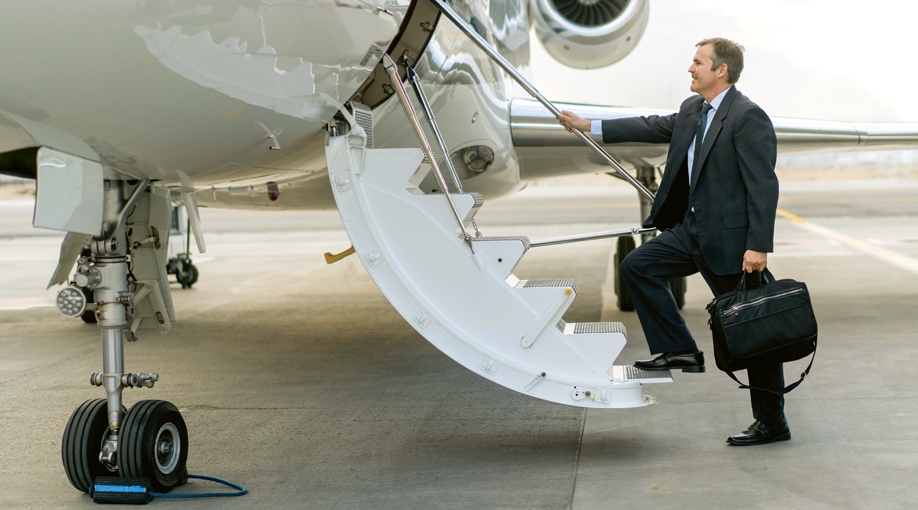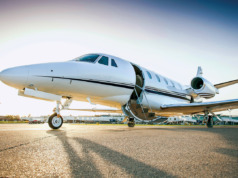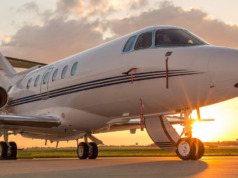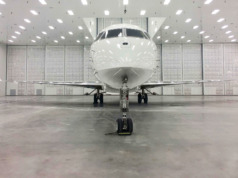
Are you one of the more than 4,300 fractional share owners who have experienced those programs’ convenience and predictable cost? Yet do you sometimes wonder whether owning a whole aircraft is now right for you? Since fractional programs and whole aircraft ownership each has pros and cons, a first step in making this decision is a thorough analysis of your specific travel needs.
When does whole aircraft ownership make sense for you? Consider these operational and cost factors:
- Increase in hours flown – While there is no specific number of hours that makes sense for all, a general rule is to consider whole aircraft ownership when your flying increases to about 250 hours per year, with an expectation of maintaining or exceeding that time in the future.
- Change in your travel profile – If most of your flights now are structured so that you depart from a home base, fly multiple legs over a period of a few days, and then return home; or if you frequently fly to remote locations that are outside fractional programs’ standard service areas; whole aircraft ownership may be preferable.
If, however, you do most of your flying to one location, remaining there for an extended period of time, and then returning, fractional may continue to be the better option.
- Need for more flexibility and fewer limits – You now may want your own dedicated aircraft and crew without the limitations fractional programs need to impose in order to make their programs operate effectively.
- Less predictable travel – Fractional operators guarantee aircraft availability anywhere within a specified service area of operation and number of hours: usually eight to fourteen. But now you may need 24/7 access, or availability in fewer hours than fractional programs can guarantee.
- Requirement for a different kind of aircraft – If you currently own a share on an airplane with a range of 1,500 miles, and you’re now frequently flying across the country or the world, you may prefer a longer-range aircraft to save time by avoiding the fuel stop en route. While you could opt to upgrade your fractional share, you may find greater cost savings with your own whole aircraft.
- Fixed and variable costs – A great advantage of fractional programs is they offer a fixed cost per occupied hour, with no positioning fee, no matter where your point of origin or destination within a defined service area for the annual allotted hours you have to fly. Plus, your portion of crew, insurance, and maintenance are covered by a fixed monthly management fee, therefore your costs of operation are consistent and easy to understand. Conversely, owners of whole aircraft normally enjoy a lower average cost per hour, as fixed costs are allocated over a greater number of total hours flown. However, you then would be responsible for all direct and indirect costs of all hours flown, including unscheduled maintenance.
- Resale value – When you sell your fractional share, you are selling a share in an airplane that has flown an average of 1,000 hours per year, which is three times the average annual utilization of comparable wholly owned aircraft.
Making the Transition
If both the operational and cost analyses point to whole aircraft ownership, plan ahead. Avoid having your fractional program expire before your dedicated aircraft enters service, by beginning the acquisition process several months before your contract termination date or the scheduled repurchase date of your fractional share. Most fractional programs require a 90-day notice period to complete the repurchase process.
You also may consider retaining a smaller fractional share to supplement your flying when your aircraft is down for maintenance or another executive needs lift.
Your business aircraft travel requirements may well have changed since you purchased your fractional share. Determine which option is right for you now by using these tools. BAA
H. Lee Rohde, founder, President, and CEO of Essex Aviation, a business and private aviation aircraft acquisition and consulting firm, has 30+ years experience in financial and operational analysis, manufacturing, distribution, and corporate business development.




